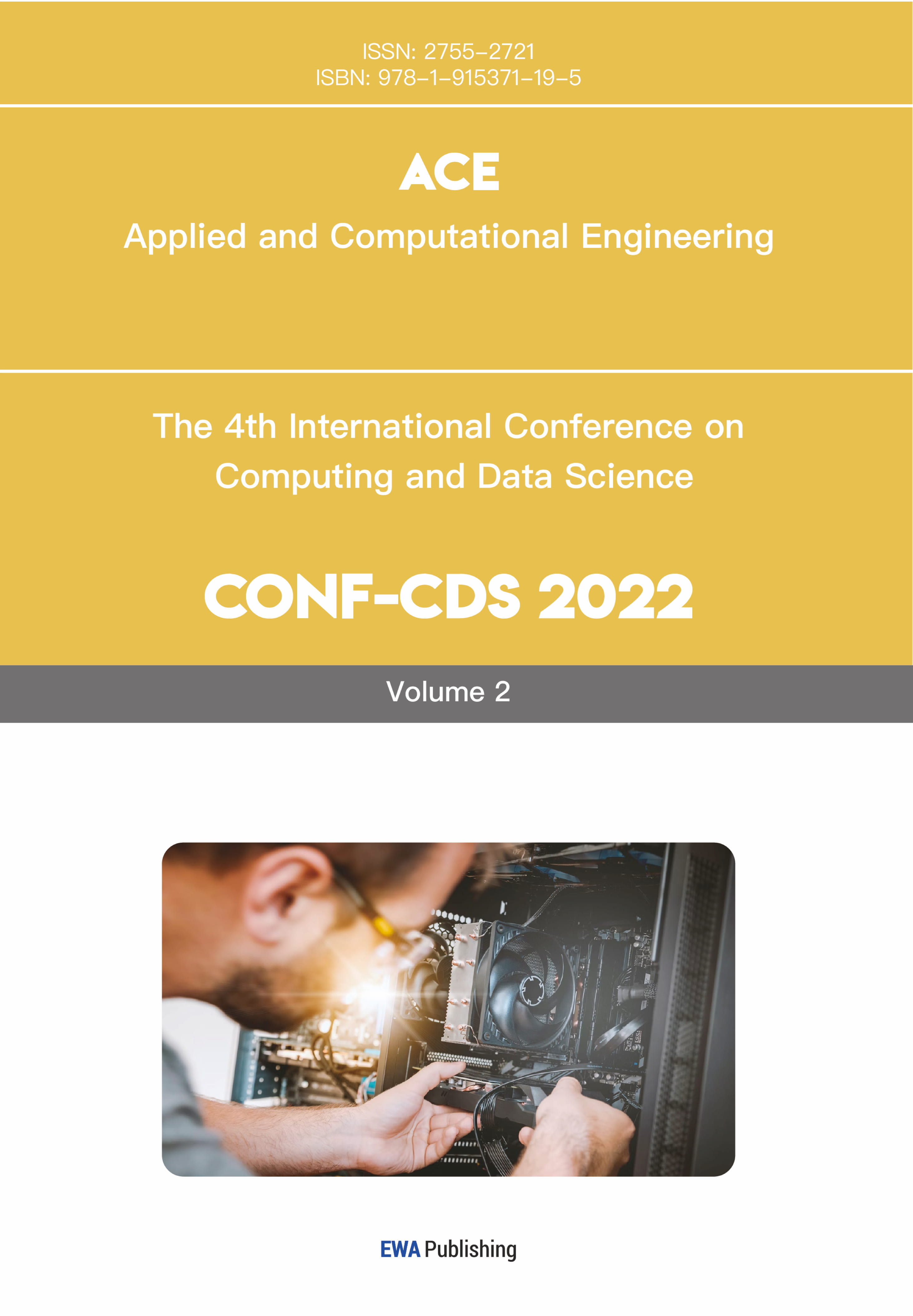References
[1]. de la Torre, R., Corlu, C. G., Faulin, J., Onggo, B. S., & Juan, A. A. (2021). Simulation, optimization, and machine learning in sustainable transportation systems: Models and applications. Sustainability, 13(3), 1551.
[2]. Lai, Z., Wang, J., Zheng, J., Ding, Y., Wang, C., & Zhang, H. (2023). Travel mode choice prediction based on personalized recommendation model. IET Intelligent Transport Systems, 17(4), 667-677.
[3]. Gupta, B. B., Gaurav, A., Marín, E. C., & Alhalabi, W. (2022). Novel graph-based machine learning technique to secure smart vehicles in intelligent transportation systems. IEEE transactions on intelligent transportation systems, 24(8), 8483-8491.
[4]. Long, W., Li, T., Xiao, Z., Wang, D., Zhang, R., Regan, A. C., ... & Zhu, Y. (2022). Location prediction for individual vehicles via exploiting travel regularity and preference. IEEE Transactions on Vehicular Technology, 71(5), 4718-4732.
[5]. Ali, F., Sarwar, S., Shafi, Q. M., Iqbal, M., Safyan, M., & Qayyum, Z. U. (2022). Securing IoT based maritime transportation system through entropy-based dual-stack machine learning framework. IEEE Transactions on Intelligent Transportation Systems, 24(2), 2482-2491.
[6]. Yuan, T., da Rocha Neto, W., Rothenberg, C. E., Obraczka, K., Barakat, C., & Turletti, T. (2022). Machine learning for next‐generation intelligent transportation systems: A survey. Transactions on emerging telecommunications technologies, 33(4), e4427.
[7]. Tsolaki, K., Vafeiadis, T., Nizamis, A., Ioannidis, D., & Tzovaras, D. (2023). Utilizing machine learning on freight transportation and logistics applications: A review. ICT Express, 9(3), 284-295.
[8]. Jian, W., He, J., Chen, K., Xie, J., Zhao, J., & You, L. (2024). Personalized travel recommendations based on asynchronous and privacy-preserving mixed logit model. IEEE Transactions on Intelligent Transportation Systems.
[9]. Afolayan, B. I., Ghosh, A., Calderin, J. F., & Arredondo, A. D. M. (2024). Emerging Trends in Machine Learning Assisted Optimization Techniques Across Intelligent Transportation Systems. IEEE Access.
[10]. Ang, K. L. M., Seng, J. K. P., Ngharamike, E., & Ijemaru, G. K. (2022). Emerging technologies for smart cities' transportation: geo-information, data analytics and machine learning approaches. ISPRS International Journal of Geo-Information, 11(2), 85.
[11]. Alqahtani, H., & Kumar, G. (2024). Machine learning for enhancing transportation security: A comprehensive analysis of electric and flying vehicle systems. Engineering Applications of Artificial Intelligence, 129, 107667.
[12]. Nitu, P., Coelho, J., & Madiraju, P. (2021). Improvising personalized travel recommendation system with recency effects. Big Data Mining and Analytics, 4(3), 139-154.
[13]. Mou, J., Gao, K., Duan, P., Li, J., Garg, A., & Sharma, R. (2022). A machine learning approach for energy-efficient intelligent transportation scheduling problem in a real-world dynamic circumstances. IEEE transactions on intelligent transportation systems, 24(12), 15527-15539.
[14]. Aghamohammadghasem, M., Azucena, J., Hashemian, F., Liao, H., Zhang, S., & Nachtmann, H. (2023, December). System simulation and machine learning-based maintenance optimization for an inland waterway transportation system. In 2023 Winter simulation conference (WSC) (pp. 267-278). IEEE.
[15]. Wang, J., Wu, N., & Zhao, W. X. (2021). Personalized route recommendation with neural network enhanced search algorithm. IEEE Transactions on Knowledge and Data Engineering, 34(12), 5910-5924.



